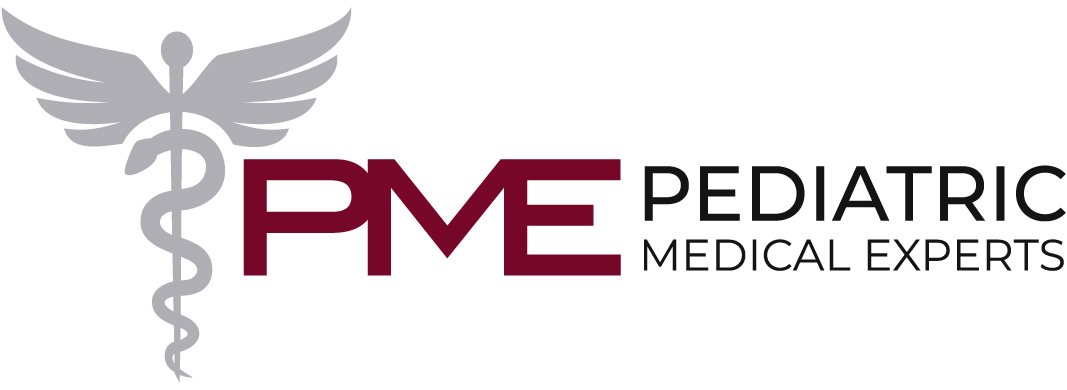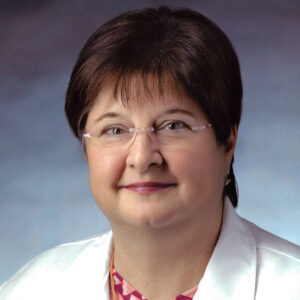By Santa J. Bartholomew M.D. FAAP, FCCM & Betsy Kastak, DNP, RN, C-PNP
See Corresponding Journal Article: Early Group B Strep Infections in Children
A term female newborn (38 weeks, 2,280 g) was born by cesarean section 12 h after membrane rupture. GBS screening was not performed. The mother had an uneventful pregnancy. At 3 days of life, the newborn manifested fever, poor general conditions, poor perfusion, whiny crying and feeding intolerance. She was admitted to the ICU and placed on antibiotics.
Initial lab work revealed a white count of 27,000 with left shift, procalcitonin of 107 ng/ml, blood culture, and nasal and pharyngeal swabs were all positive for GBS. CSF was not obtained because the child was critically ill. Twenty-four hours after admission the child developed seizures and hypertonia. Cranial US was abnormal and MROI revealed frontal and parietal white matter cysts, evolving hydrocephalus and areas of infarct.
GBS is the main cause of bacterial disease in the newborn. CDC guidelines as well as the AAP and College of Obstetrics and Gynecology endorse rectal and vaginal swabs of mothers at 35 and 37 weeks of gestation and intrapartum antibiotic prophylaxis in colonized mothers.
Intrapartum treatment reduces the incidence of early onset GBS sepsis and meningitis by 80% in newborns. GBS in neonates leaves 46% with mild to severe developmental impairments including deafness, blindness, seizures, and hydrocephalus.





